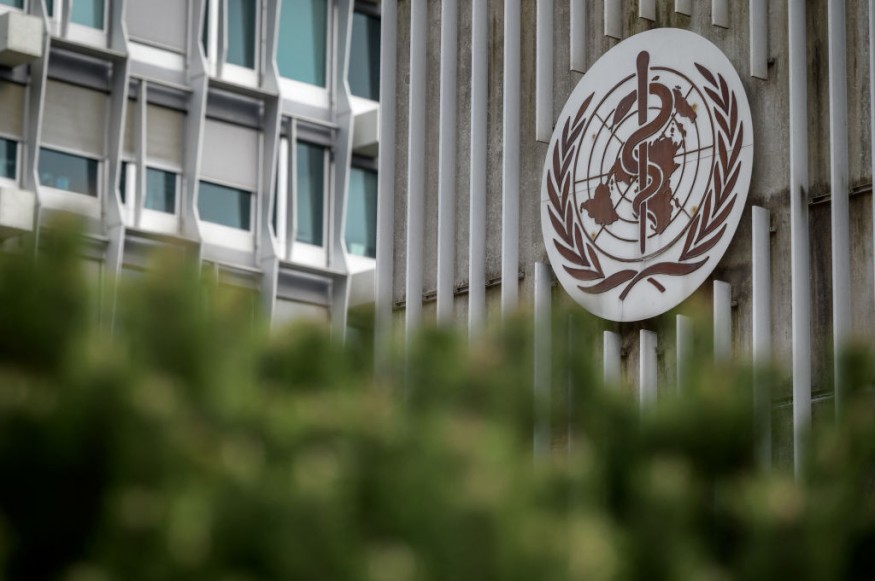Russia-Ukraine Crisis: WHO Advises Ukraine to Destroy Health Lab Pathogens to Curb Spread of Disease

Amid the Russia-Ukraine crisis, the World Health Organization has urged Ukraine to destroy high-threat pathogens in its public health laboratories to stop the spread of "any potential spills" that could spread diseases across the country.
Biosecurity experts noted that Russia's attack on its cities has raised the risk of leak of disease-causing pathogens, if any of those facilities would be damaged, according to a Reuters report.
Ukraine's labs have received support from the United States, the European Union, and the WHO as it researches how to mitigate the threats of dangerous diseases affecting both animals and humans.
The WHO said in an email that it has collaborated with Ukrainian public health labs for several years to promote security practices to help prevent an "accidental or deliberate" release of the pathogens.
The United Nations agency noted that they strongly recommended the Ministry of Health in Ukraine and concerned parties to destroy the high-threat pathogens.
The WHO would not say when it had made the recommendation nor added any details about the kinds of pathogens or toxins in Ukraine's labs.
Pathogens in Ukraine Health Labs
Robert Pope, the director of the Cooperative Threat Reduction Program, noted that the Russian invasion may pose a threat to a network of U.S.-linked labs in Ukraine.
The program that Pope handles is a 30-year-old Defense Department program that has aided secure the former Soviet Union's weapon of mass destruction and redirected facilities toward peaceful endeavors, according to the Bulletin of the Atomic Scientists.
Pope said that he would say every facility that they have worked with them has electrical power, trained people, and biosafety officers to keep the pathogens safe and secure to international standards. However, he said that it could change once the facilities are damaged.
Pope said that Cooperative Threat Reduction Program labs have pathogens that are generally kept frozen, adding that they cannot replicate and become infectious.
Pope said that the pathogens in Ukrainian labs vary by facility, but some can be characterized as presenting concern in the Ukrainian environment.
Pope said that the program is encouraging host countries to reduce the scope of their pathogen holding to as small as necessary for legitimate scientific research.
The U.S. government has worked with 26 research facilities in Ukraine, with the program providing biosafety and scientific mentorship training to Ministry of Health personnel.
Russia-Ukraine Crisis
Ukraine has informed U.N. nuclear watchdog IAEA that it has lost all contact with facilities at the Chernobyl nuclear power station, which is now being held by Russian forces, according to an Aljazeera News report.
Ukraine's minister of education has said that more than 280 educational facilities have been damaged or destroyed by "bombing and shelling."
Meanwhile, the United Nations Security Council will meet on Friday at Russia's request to discuss Moscow's claims of U.S. biological activities in Ukraine, which would be presented without evidence.
The U.S. has dismissed Russian claims and described them as "laughable" while warning that Moscow may be preparing to use chemical or biological weapons.
This article is owned by Latin Post.
Written by: Mary Webber
WATCH: US using Ukrainian territory to experiment on pathogens - Lavrov on bio-lab revelations - from RT
Subscribe to Latin Post!
Sign up for our free newsletter for the Latest coverage!
© 2026 Latin Post. All rights reserved. Do not reproduce without permission.















